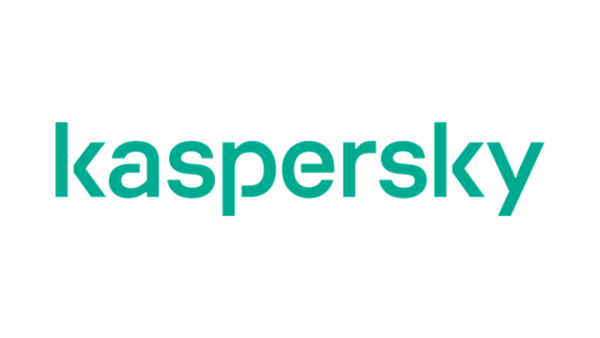7,089 Devices in Jordan Affected by Unwanted Push Notifications in a Month

Unwanted notifications cannot be classified as malware and are technically described as potentially unwanted objects. While originally they were meant as a tool for rapid information of users on breaking news, today they can be exploited to target shell websites visitors, filling their devices with unsolicited ads and sometimes links to potentially dangerous websites. To achieve that, users are hoaxed into subscribing to notifications, for example, by passing subscription consent off as some other action. The victim ends up subscribed to ad deliveries, while at the same time quite unable to get rid of the annoying messages, being unaware of their source or origin.
Egypt has become the most targeted country with 34,654 users facing unwanted push notifications with 302,963 cases. It is followed by UAE with 26,028 affected browsers and 185,695 pop-ups and Kuwait with 5,451 and 41,712 devices and detected pushes accordingly. Users with such issues were also detected in Saudi Arabia with 43,304 targeted users facing 290,130 pop-ups. In addition, similar cases were noticed in Bahrain (2,604 attacked users), Jordan (7,089) and Oman (7,118).
Background Information
Kaspersky
Kaspersky is a global cybersecurity company founded in 1997. Kaspersky’s deep threat intelligence and security expertise is constantly transforming into innovative security solutions and services to protect businesses, critical infrastructure, governments and consumers around the globe. The company’s comprehensive security portfolio includes leading endpoint protection and a number of specialized security solutions and services to fight sophisticated and evolving digital threats. Over 400 million users are protected by Kaspersky technologies and we help 250,000 corporate clients protect what matters most to them. Learn more at www.kaspersky.com.






